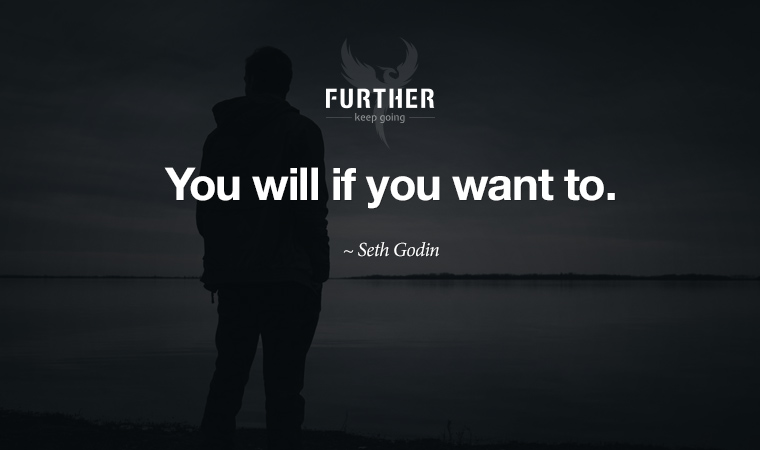
Sure, Covid-19 presents a novel situation — along with the concept of “social distancing” — but it’s not our generation’s first rodeo when it comes to dealing with isolation and adversity.
Gen X are the O.G. home warriors, having been the first generation of latchkey kids. We came of age personally and professionally during the threat of nuclear war, the AIDS epidemic, and 9/11.
All of it adds up to our signature character traits, including independence and resiliency. But now, we have to take care of others while taking care of ourselves.
We’re particularly impacted by the pandemic, which is forcing us to stay home on multiple fronts, from employers’ mandatory work-from-home policies to family needs, like caring for kids who are out of school indefinitely and vulnerable, elderly, housebound parents.
The ability to keep calm and carry on isn’t just about being physically wired to stay connected; it’s about plugging in practices and attitudes that support productivity and long-term viability.
Do your homework
Remote work is nothing new; research shows it’s been rising for more than a decade. Fans of flexible arrangements emphasize how it’s a boon to productivity, job satisfaction, sustainability, and overall health and happiness.
On the flip side, others, like researcher and author Kevin Roose, see distance work as overrated, citing a lack of stimulation and social interaction as creativity buzzkills.
“…being near other people also allows us to express our most human qualities, like empathy and collaboration. Those are the skills that can’t be automated. And they’re what produces the kind of meaningful interpersonal contact we miss out on when we’re stuck at home.”
Read between the research lines, and you’ll notice it’s the psychological and emotional pay-off of engaged work at the core of the work-from-home conversation. So setting yourself up for success goes beyond checking your broadband and collaboration apps, creating a home office, and getting out of sweats.
Embrace the linchpin mindset
For more than a decade, Seth Godin has promoted the linchpin mindset to make yourself indispensable (via a book that Further founder Brian Clark is featured in, by the way). Whether you work for an employer or as a freelancer, it’s about moving beyond being told what to do and meeting spec, and digging deeper to bring your art to the table.
Social distancing and forced remote working allows you to test drive being a linchpin, according to Godin:
“The best way to work from home is to plan your own agenda, organize your peers, make bigger promises, show up often, lead, connect, innovate and ask hard questions. And then do it all again.”
Lead from your laptop and take personal responsibility, challenge the status quo, and find ways to facilitate change. After all, keeping your career healthy has never really been about where you work, but how you work.
Work From Home | Seth Godin
Sorry, but Working From Home Is Overrated | New York Times
